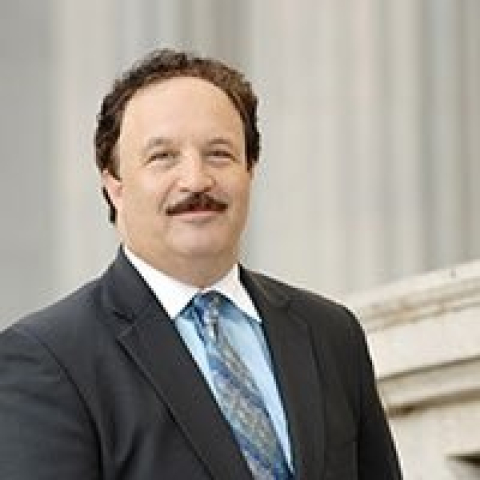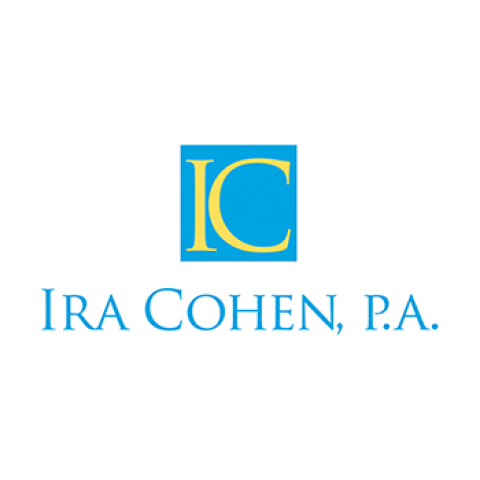Intellectual Property Law Myth- Busters For Non-IP Lawyers
TRADEMARKS:
Myth #1: Trademarking is a luxury reserved for big and rich companies.
Myth #2: Common words and phrases cannot be registered as trademarks.
Myth #3: A trademark registration grants ownership of that word for "everything."
Myth #4: The formation of a company (corporation or LLC) proves that a name is available and protected.
Myth #5: A registered business name with a State or a registered fictitious name offers the same legal protection as a registered mark.
Myth #6: A mark Registration granted by USPTO is enforceable globally.
Myth #7: Once a trademark is registered, it remains registered ad infinitum.
Myth# 8: A proper trademark search can be completed quickly online by amateurs.
Myth #9: One should wait until one's business grows before applying for a mark.
Myth #10: If one is not currently using a mark, one should not yet file an Appln.
Myth #11: As soon as an application is filed, one can lawfully use the® symbol.
Myth #12: One does not need to monitor one's mark because USPTO will not allow anyone else to register any similar mark(s).
COPYRIGHTS:
Myth #1: A so-called "Poor Man's" copyright will protect an original creative work.
Myth #2: If one does not enforce one's copyright, one can lose it.
Myth #3: If one "innocently" copies a work, one does not need any permissions.
Myth #4: If one is planning to give credit to the author who created a work that is being copied, one does not require any permission.
Myth# 5: If one is planning to use only a small amount of a protected work (i.e., a "sampling"), then, one does not need any permissions.
Myth #6: Where the author of a work lives and works in, e.g., France, the work is not protected by copyright in the United States.
Myth #7: If one plans to use another's copyrighted work only for non-profit or educational use, they do not require any permissions.
Myth #8: If one purchases a book, record, or other work that one plans to copy, that person already has permission to use the work they have bought.
Myth #9: If the work one seeks to copy does not show a copyright notice, it is, therefore, not protected by copyright and free to use.
Myth# 10: If one plans to alter a work, one need not seek any permissions.
Myth #11: If one does not charge for the copy, then, it is not an infringement of anyone's copyright.
Myth #12: Any material which one may obtain from the Internet already is in the public domain and, thus, no permissions are required.
PATENTS:
Myth #1: If you have an idea, you can patent it to prevent its theft.
Myth #2: Anyone can get a patent for anything. (Inventions must be new, useful, and non-obvious, and something that can be made or used.)
Myth #3: A patent affords one the guarantee to produce and sell a product.
Myth #4: One needs a working prototype before they can even file for a patent.
Myth #5: Proper searches for patentability/novelty can be conducted by anyone.
Myth #6: Patents remain valid forever. (U.S. patents last a maximum of 20 years, depending on the type of patent applied.)
Myth #7: A U.S. patent protects one's invention worldwide.
Myth #8: A patent has value only if one possesses the budget to sue infringers.
Myth #9: Software is not patentable.
Myth #10: One cannot infringe a patent if you did not copy another's product.
Myth #11: A patent gives one a monopoly on an invention. (A patent gives one the right to exclude others from making, using, and selling the invention.)
Myth #12: A patent is only worth it if one sues all infringers. (It is up to the patent holder to enforce one's patent rights (they can sue in federal court).)
TRADE SECRETS:
Myth# 1: All confidential information is a trade secret. (Trade secrets can cover things like recipes, formulas, customer lists, software, data, compilations, equations, and unpatented inventions.)
Myth# 2: All trade secrets are protected automatically.
Myth# 3: Trade secret protection lasts forever.
Myth# 4: Trade secrets are only protected by State law. (Trade secrets can be protected under both federal (i.e., DTSA) and the law of various states.)
Myth# 5: Trade secrets require formal registration.
Myth# 6: Trade secrets cannot be destroyed by reverse engineering.
Myth# 7: Trade secrets cannot be terminated by changed conditions.
Myth# 8:· Trade secrets cannot be used to hide potentially harmful or objectionable substances.
Myth #9: Trade secrets can include only technical information.
Myth #10: Trade secrets can include only commercial information.
Myth #11: The owner need not take any steps to protect a trade secret. (Prophylactic measures include: NDAs; NCAs, IT security infrastructure, and limited accessibility.)
Myth# 12: The use of a trade secret always means that misappropriation has occurred. (Research and development; reverse engineering; market analysis).
EXAMPLES OF FAMOUS TRADE SECRETS:
- The Google® Search Algorithm Kentucky Fried Chicken® Coca-Cola®
- Lena Blackburn's Baseball Rubbing Mud® New York Times Bestseller List Listerine®
- WD-40®
- Twinkies®
- Krispy Kreme Doughnuts®
- McDonald's Big Mac Special Sauce
Do you want more information?
 Ira Cohen
Ira CohenIra Cohen is the Founder and Principal of Ira Cohen, P.A. Ira earned his first law degree (J.D.) in 1981 and a second law degree (LL.M.) in 1985. He is a member of the Florida and New York Bars and has been practicing law for over 43 years. He is rated AV Pre-Eminent by Martindale Hubbell. Ira is a Chair Emeritus of the Intellectual Property Law Section ("IPLS") of the Federal Bar Association ("FBA") and has lectured on IP subjects many times.

